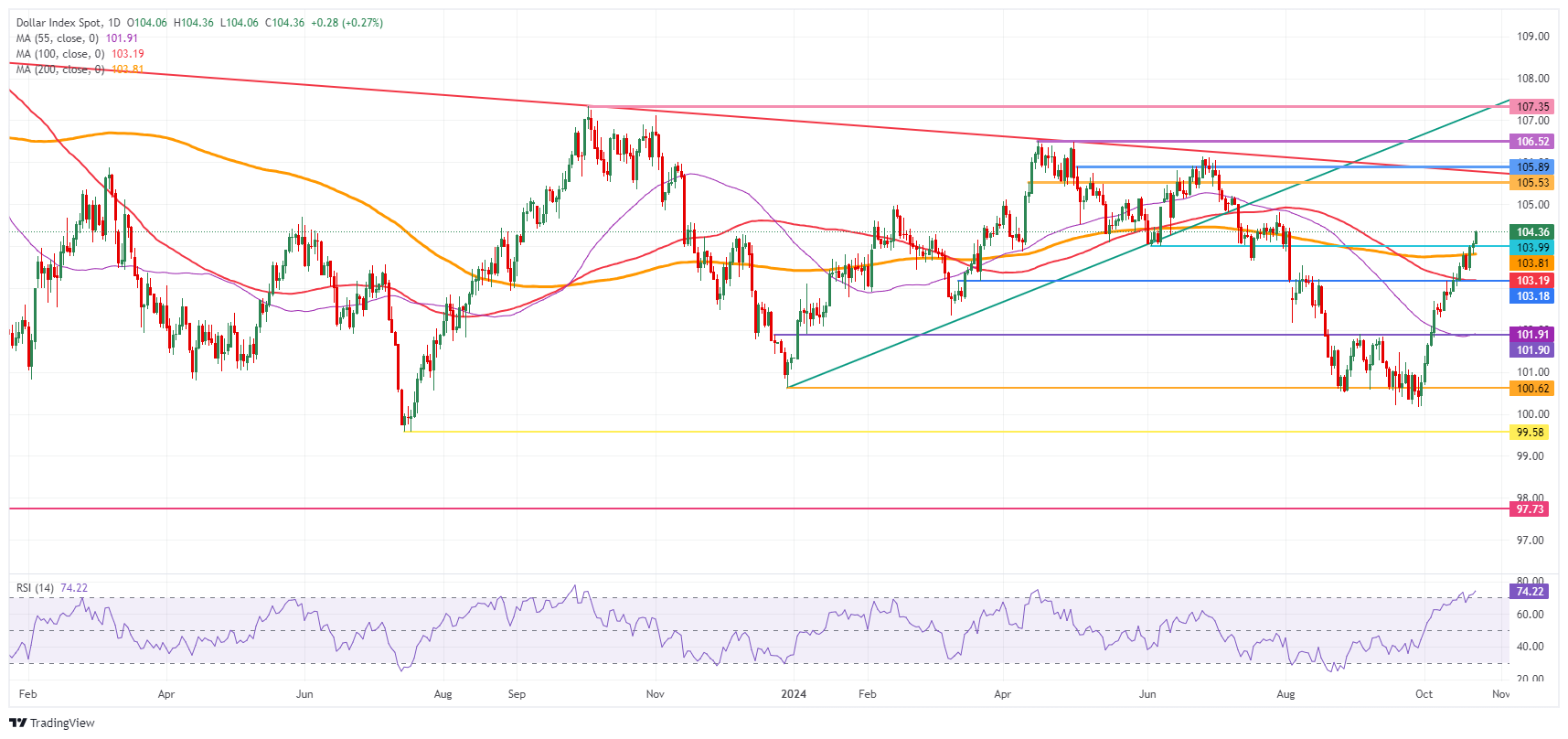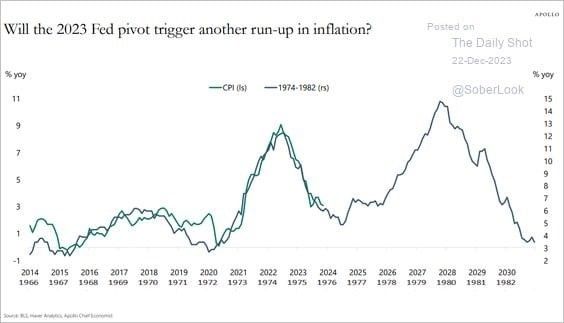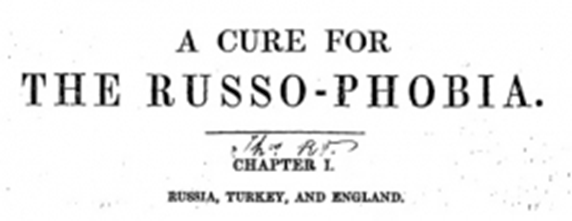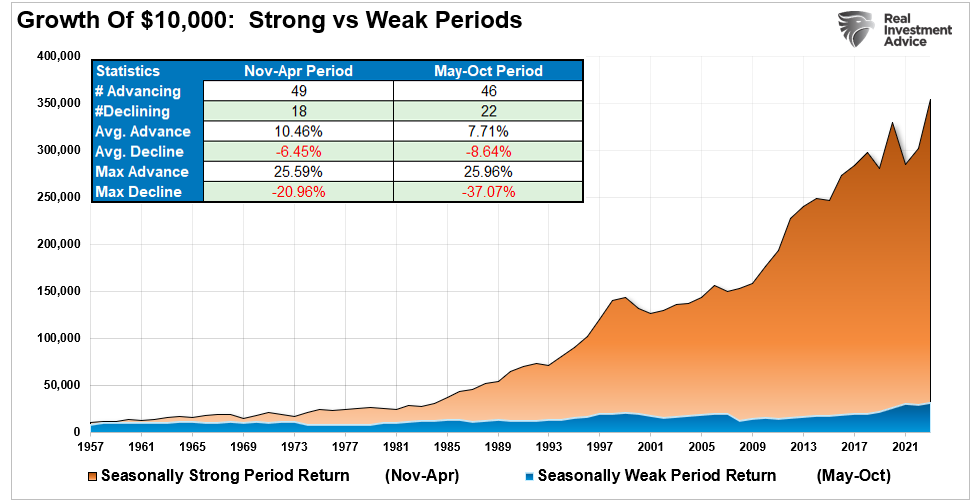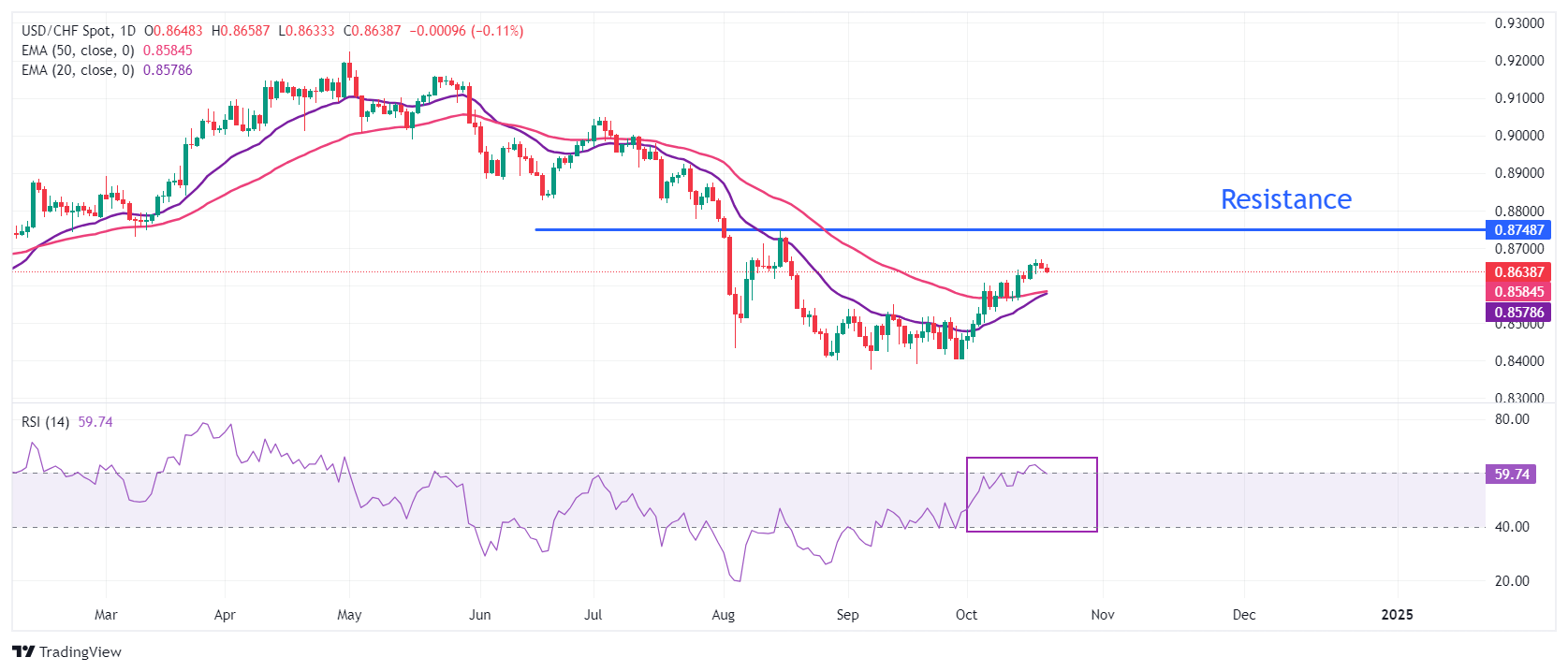Acronyms—LOL, PIN, ASAP, CAPTCHA, RADAR, LASAR, SCUBA, and others that combine the initial letters of other words, the whole being pronounced as a single word—have become part of the English language. Let’s coin another one: WAITT (no, that’s not a misspelling of WAIT), an acronym for “We’re All in This Together.”
The five-word phrase itself appeared in the early weeks of the pandemic that began in early 2020. Although the pandemic has officially ended—at least until the next contagious bug may arrive on our shores—some Americans still behave as if it continues, and WAITT may lurk somewhere in the weeds awaiting its resurgence. If you have never seen or heard it before, just wait as it may reappear at some point.
As a double-edged relic that may appear appealing at first blush, the WAITT phrase joins the lexicon as a first cousin to Ronald Reagan’s warning that the nine most dangerous words in the English language are “I’m from the government and I’m here to help.” Or perhaps WAITT is a closer relative to Ben Franklin’s “We must, indeed, all hang together or, most assuredly, we shall all hang separately,” a play on words calling for unity among the signers of the Declaration of Independence in 1776. Neither of these quotations, however, lend themselves to an acronym.
I first spotted the WAITT phrase on signs posted in early 2020 at my local Trader Joe’s shop, as employees at the door requested every entering customer be masked and to “socially distance” six feet apart. The store’s use of the phrase seemed ever so in keeping with the cozy community-oriented image that Trader Joe’s hopes to project. The signs were attractively hand-lettered in Trader Joe’s usual calligraphic font, as if the retailer were saying, “We want to allay everyone’s virus fears, assuring that you will be safe in our store if everyone wears a mask and distances because we’re all in this together.”
At my first awareness of the sentiment, I was at once insulted and offended yet couldn’t immediately determine why. Later, upon reflection, I recognized at least four reasons.
First, the phrase sounds vaguely related to the “inclusiveness” part of the prevalent three-pronged diversity, equity, and inclusion rubric that has come to dominate American higher education and the corporate world but which thankfully appears now to have begun detonating after recent unfortunate events in congressional hearings and on university campuses.
Second, the phrase seems to rule out anyone’s individuality, lumping us into a catch-all category of togetherness, stripping everyone of that most basic of rights, that of individual uniqueness that underlies all other God-given rights embedded in our Constitution and Bill of Rights.
Third, the phrase is manipulative and sounds vaguely collectivist and statist, something like, “Big Brother is watching you and knows what’s best for you, so you must comply with whatever mandates or edicts may be imposed.”
Four, the phrase on its face is factually incorrect. No, we were clearly not all in a virus pandemic together. Anyone reading current headlines would have known that the virus differentiated among various groups and individuals within the population: children were at little risk, and the elderly with comorbidities were more seriously threatened than the general population, men more so than women and some ethnicities more seriously than others.
Yet despite the offensiveness of WAITT, surely Americans should now be sufficiently resilient to recover from the misguided policies that it spawned. While the federal covid-19 public health emergency ended on May 11, 2023, California—one of the most locked-down states during the pandemic and where over 10 percent of the US population lives—continues to caution residents that the virus has not gone away despite the state’s having ended its emergency on February 28, 2023. Thus, it seems that the WAITT psychology continues dormant to this day.
Consider, moreover, the differential effects of WAITT on generations of Americans, all of whom were forced in the name of public health to endure uniform restrictions on personal liberties from early 2020 through mid-2023, a period of three full years. Long-term ramifications of politically imposed WAITT restrictions placed on individuals of different ages will inevitably continue to affect each generation quite differently as they pass through their lives.
Consider what three years represent in an individual’s life. For those middle-aged or elderly, that time is a relatively small portion of one’s life—7.5 percent for a forty-year-old, 6 percent for a fifty-year-old, and 4 percent for a seventy-year-old. But for those of grade—or middle-school age, that period represents a much larger portion of one’s life—100 percent for a three-year-old, 60 percent for a five-year-old, 30 percent for a ten-year-old, 20 percent for a fifteen-year-old.
Given this inverse relationship between age and portion of one’s life, WAITT-related restrictions clearly discriminated against the young, adversely affecting them in ways we are only now beginning to realize, months after most of society has come up for air and recovered enough to rejoin social activity, human communication, and community life.
Those restrictive policies have harmed an entire younger generation of Americans, robbing them of their opportunity to acquire education during the long school closures when Zoom classes were a poor substitute for in-class instruction. It is questionable whether any remedial efforts may ever help them make up for lost time, particularly in reading and math skills, with low-income and minority children most harmed.
We are now familiar with the reported outcomes for Generation Z and the next younger Generation Alpha. The Penn Wharton Budget Model, for example, estimates that the learning loss due to kindergarten through twelfth school closures in the US will cause students to earn 2.2 percent less income over their lifetimes, with black students estimated to earn 3.3 percent less over their lifetimes. Assuming the net present value of an individual student’s average lifetime earnings is approximately $1.16 million, 2.2 percent and 3.3 percent less lifetime income represents, respectively, $25,520 and $38,280.
The Atlantic magazine calls the experiment with pandemic school closures “The Biggest Disruption in the History of American Education.” The New York Times laments that “Parents Don’t Understand How Far Behind Their Kids Are.” The Washington Post claims that “The Science on Remote Schooling is Now Clear. Here’s Who it Hurt Most.”
This is what WAITT, in the guise of community and togetherness, produced with its ill-conceived responses to a contagious virus within an environment of fear that was fostered by some of the previously most respected medical and public health experts in the country.
Far be it for me to suggest possible future applications of WAITT, but I suspect that any day now someone will begin incorporating the phrase into climate change rhetoric. After all, what more obvious application could there be than the claim that we inhabitants of planet Earth are “all in this together”?
Just wait, I can almost guarantee that we will soon see and hear this lament from climate activists. In fact, if I were a wagering person, I’d put money on it.
Full story here Are you the author? Previous post See more for Next postTags: Featured,newsletter





















